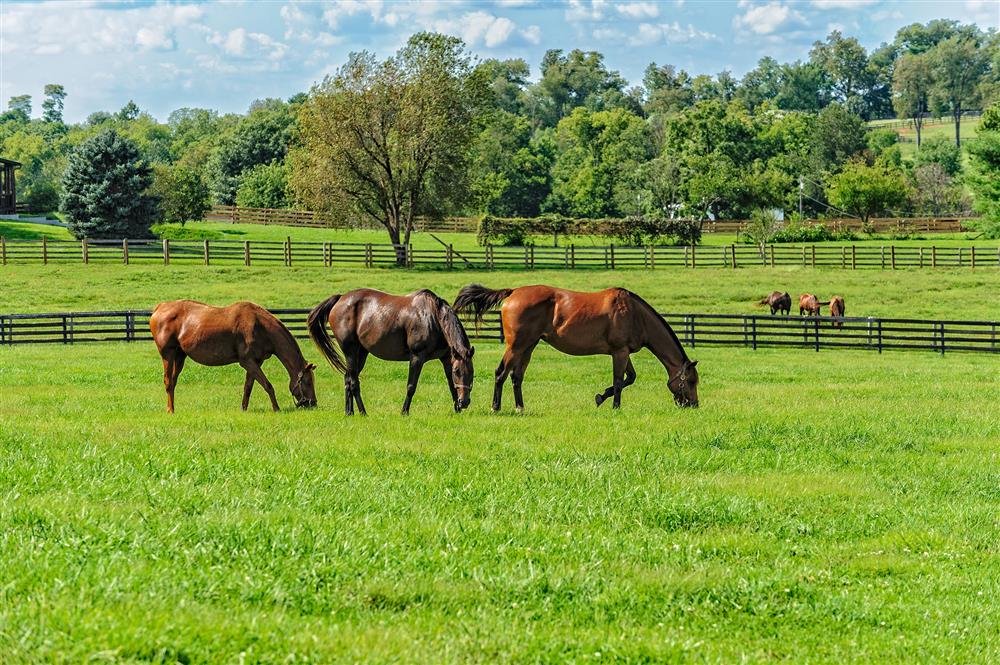It is that time of year again, when many owners are digging out the winter rugs and thinking about how their horse’s routine will be changing. Colder, wetter weather and darker evenings mean that many horses are likely to be stabled for longer periods of time and their workloads may also change.

It is important not to overlook your horse's digestive health. Horses are hindgut fermenters; therefore, healthy microbiota need to be maintained. Sudden digestive changes can cause upset to this delicate environment, therefore, if dietary alterations are required, these must be done very gradually.
How should dietary changes be made for horses?
When introducing a new feed (such as a mix, pellet, mash, chaff etc) we recommend making the change over a period of about 10 to 14 days. Slowly increase the amount mixed in with your horse’s feed each day, for example:
Day 1 – 90% old feed and 10% new feed
Day 2 – 80% old feed and 20% new feed
Day 3 – 70% old feed and 30% new feed
Day 4 – 60% old feed and 40% new feed
Day 5 – 50% old feed and 50% new feed
Day 6 – 40% old feed and 60% new feed
Day 7 – 30% old feed and 70% new feed
Day 8 – 20% old feed and 80% new feed
Day 9 – 10% old feed and 90% new feed
Day 10 – 100% new feed
The same principles apply to feeding a new type of hay or haylage.
New or considerably different types of grazing should also be introduced very slowly – this is often overlooked. If your horse is moving to a new grazing area that is significantly different to what they have been on previously, do not let them have full access to the whole field straight away. You could try strip grazing, gradually increasing their turnout time, or using a grazing muzzle depending on their specific needs. Again, this transition should be done over 10 to 14 days.
What are the risks of making abrupt dietary changes?
Sudden changes will disrupt your horse’s intestinal microbiota which can lead to problems such as diarrhoea and colic. Large intakes of new hard feed, especially those high in sugar and starch, can cause the onset of Laminitis. This is incredibly painful for horses and even life-threatening so should be avoided at all costs.
If you have any questions regarding your horse's nutritional needs, our Nutritionists would be happy to help and analyse their diet for you. Simply email [email protected] or call freephone 0800 585525.

